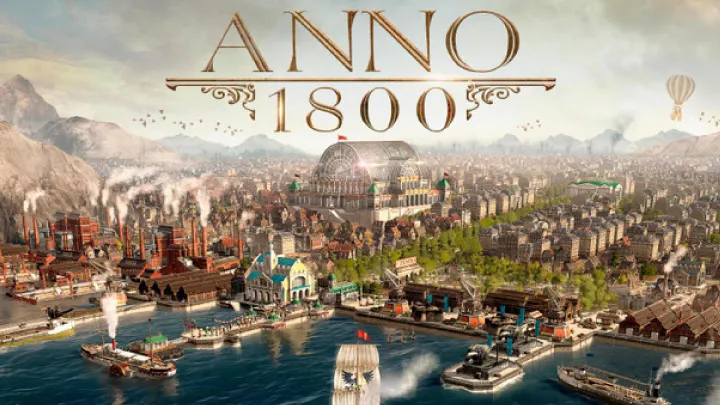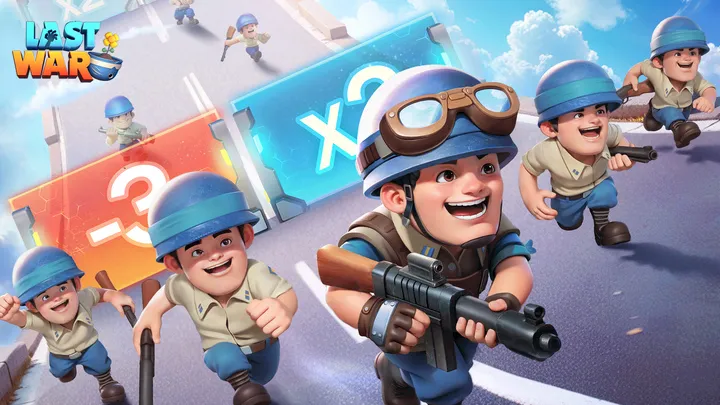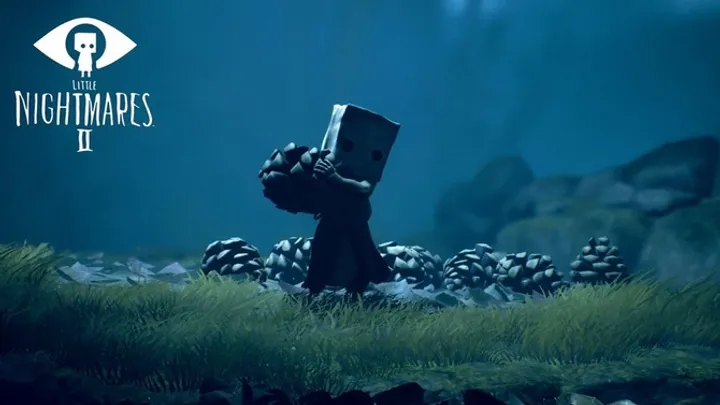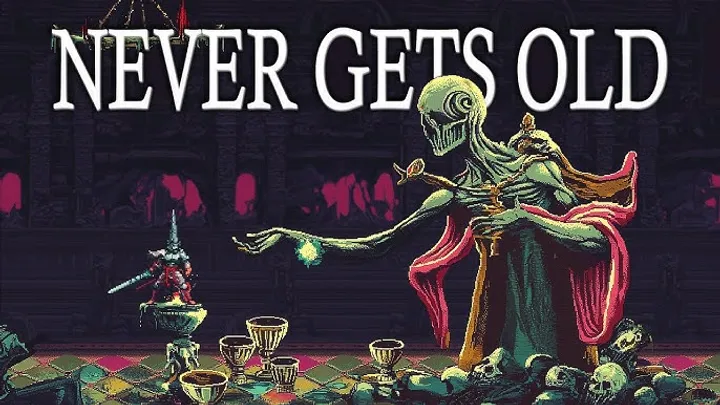Introduction: Learning Business Through Play
Running a business takes strategy, creativity, and resilience — and surprisingly, so does gaming. Business simulation games allow players to build empires, manage resources, and solve real-world challenges, all while having fun. For entrepreneurs, these games aren’t just entertainment — they’re practice arenas.
From managing a theme park to running a global company, these simulations offer valuable lessons in decision-making, leadership, and financial management. Many successful business minds use them to sharpen skills like risk analysis, delegation, and market prediction.
In this article, we’ll explore the Top Business Simulation Games for Entrepreneurs — titles that teach profit, patience, and problem-solving in ways that even textbooks can’t match.
1. Capitalism II – The Ultimate Business Sandbox
The Closest Thing to Real Business
Released in 2001 by Enlight Software, Capitalism II remains the most comprehensive business simulation ever made. It allows players to manage an entire economy — from manufacturing and retail to R&D, branding, and finance.
Why Entrepreneurs Love It
This game isn’t about quick wins. It’s about long-term strategy. You’ll handle supply chains, set prices, build brands, and even invest in the stock market. Mistakes cost money — just like in real life.
Educational Value
Many universities actually use Capitalism II to teach economics and business theory. For aspiring entrepreneurs, it’s the perfect virtual MBA.
2. Game Dev Tycoon – Building an Empire from Ideas
Creating the Next Gaming Giant
Game Dev Tycoon (2013) puts players in the shoes of a startup game developer during the 1980s. You start in a garage, make your first hit title, and grow into a global studio.
Business Lessons
It’s not just about making fun games — it’s about market timing, budgeting, and research. You must read trends, balance innovation and cost, and manage your team’s workload.
Why It’s Great for Entrepreneurs
The game teaches risk management, adaptability, and data-driven decision-making — three pillars of successful entrepreneurship.
3. RollerCoaster Tycoon – Creativity Meets Management
Turning Fun into Profit
RollerCoaster Tycoon, created by Chris Sawyer in 1999, is a masterpiece of management and creativity. Players design and operate amusement parks, balancing visitor happiness with profit margins.
Strategic Thinking
Every decision matters — from ride design and pricing to food stall placement. The game teaches you to balance innovation with cost efficiency, an essential lesson for creative entrepreneurs.
Why It Endures
Even decades later, the satisfaction of seeing your custom park thrive (or crash) never fades. It’s a perfect mix of art, analytics, and ambition.
4. SimCity 4 – Mastering Urban Economics
Building a City, Managing a System
In SimCity 4 (2003), you’re the mayor — but also the economist, engineer, and problem-solver. The challenge lies in balancing growth, sustainability, and citizen satisfaction.
Entrepreneurial Lessons
Running a city mirrors running a company. You allocate budgets, build infrastructure, respond to crises, and manage limited resources. Success requires strategic prioritization and long-term planning.
Why Entrepreneurs Should Try It
SimCity teaches systems thinking — understanding how one decision affects many outcomes. That mindset is vital for managing any complex business ecosystem.
5. Transport Fever 2 – Logistics and Global Thinking
The Power of Connectivity
Released in 2019, Transport Fever 2 is about building efficient transport networks — railways, airports, ships, and trucks — to support growing industries.
Entrepreneurial Relevance
It’s a perfect metaphor for scaling a business. You start small and expand through smart investment and logistics optimization. The game encourages operational efficiency and market foresight.
Real-World Application
Entrepreneurs learn how infrastructure decisions impact profitability, just like in real supply chains.
6. Tropico 6 – Leadership and Strategy with a Twist
Running a Nation Like a Startup
In Tropico 6, you play as “El Presidente,” managing a tropical island’s economy, politics, and diplomacy. While comedic in tone, it’s an impressive exercise in balancing competing interests.
Why It Appeals to Entrepreneurs
The game mirrors real-world leadership challenges — managing teams, balancing ethics, and maintaining public trust while growing an economy.
Strategic Depth
Tropico emphasizes adaptability, teaching players how to pivot under pressure and find creative solutions — a key skill for any business owner.
7. Cities: Skylines – A Masterclass in Urban Management
From Vision to Execution
Cities: Skylines (2015) modernized the SimCity formula with deeper management systems and player freedom. You build, zone, and optimize a city while maintaining public services and finances.
Entrepreneurial Insights
Managing a city’s growth is a lot like scaling a startup: monitor demand, invest wisely, and keep stakeholders happy. Mistakes (like poor planning or overspending) have ripple effects.
Why It’s Relevant
Cities: Skylines teaches data-driven decision-making and crisis management — lessons crucial to leading any fast-growing company.
8. Anno 1800 – The Art of Industrial Expansion
Building Empires Through Efficiency
Set during the Industrial Revolution, Anno 1800 challenges players to develop cities, trade routes, and industrial supply chains across continents.
Business Lessons
It’s a hands-on MBA in operations management. Players must analyze production flow, anticipate market shifts, and sustain growth while keeping citizens satisfied.
A Lesson in Balance
Anno 1800 is ideal for entrepreneurs who want to learn how to scale operations, manage logistics, and respond to demand fluctuations.
9. Two Point Hospital – Managing Teams and Resources
Humor Meets Management
In Two Point Hospital, you build and operate a quirky healthcare empire. Behind the jokes and absurd illnesses lies a complex system of HR management, budget control, and customer satisfaction.
What It Teaches
You’ll learn how to balance quality with efficiency, handle bottlenecks, and optimize staff performance — all under pressure.
Real-World Relevance
For entrepreneurs managing startups or service businesses, this game teaches how to lead people effectively while maintaining profitability.
10. Planet Zoo – Sustainability and Customer Experience
A Business with Heart
From Frontier Developments, Planet Zoo (2019) combines business strategy with ethical responsibility. You design and manage zoos, balancing profit with animal welfare and visitor happiness.
Entrepreneurial Takeaway
It teaches sustainable management, emphasizing long-term reputation over short-term gain — a mindset increasingly vital for modern entrepreneurs.
Why It Stands Out
Planet Zoo proves that success isn’t just about money; it’s about values, leadership, and social responsibility — principles that define real-world business success.
Conclusion: Turning Games into Growth Tools
Business simulation games aren’t just about fun — they’re training for entrepreneurs. They sharpen strategic thinking, financial planning, and leadership instincts in low-risk environments.
Each title in this list offers something unique:
- Capitalism II teaches economic depth.
- Game Dev Tycoon nurtures creativity and timing.
- Cities: Skylines and SimCity train system thinking.
- Tropico 6 and Two Point Hospital build leadership and people management.
These games prove that learning business doesn’t have to be dry or theoretical — it can be engaging, challenging, and deeply rewarding. Entrepreneurs who play not only have fun but also gain valuable insights into what makes organizations thrive (or fail).
So next time you want to unwind and learn, skip the Netflix binge — and boot up one of these simulations. Because the best way to learn business might just be to build one — virtually.

















